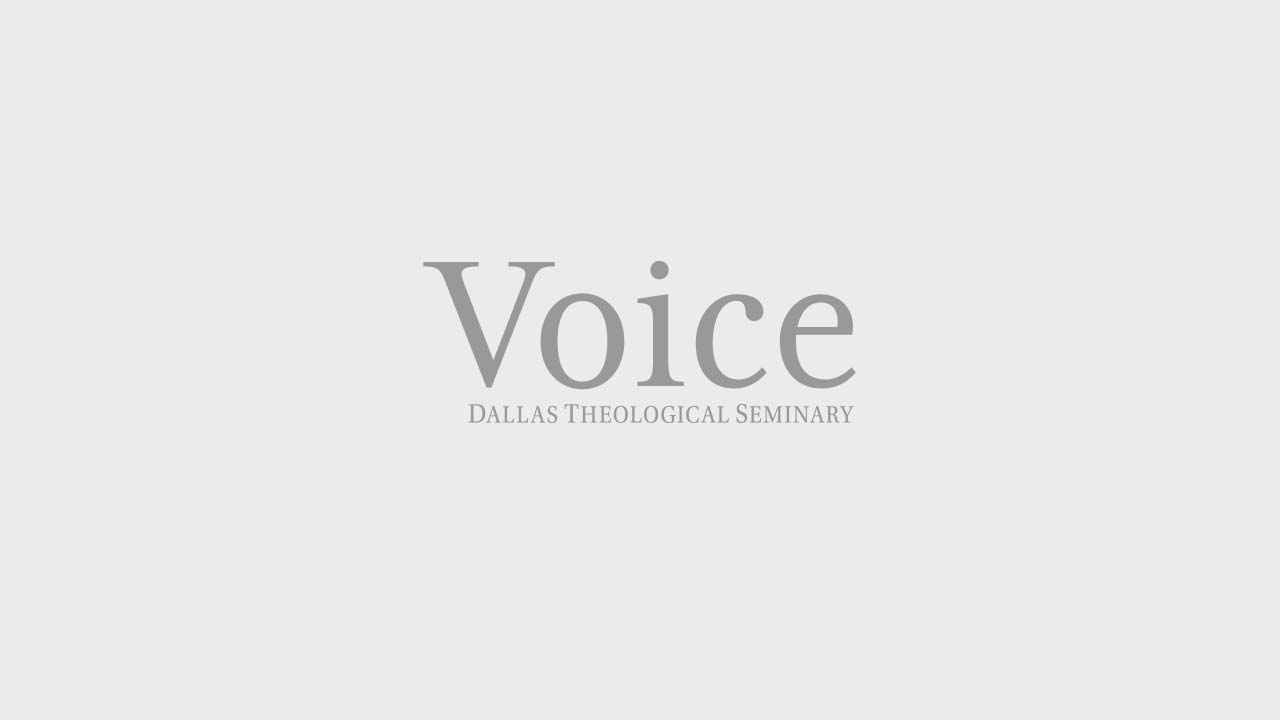Postmodern: Theology, Atonement, Eschatology, Scripture
Brian McLaren teaches on the transition from modern to postmodern thought and how it impacts our witness to the Gospel.
Defining Theology
- Traditional systematic theology definition
- Emerging definitions of theology
Theology as a Human Enterprise
- Theology as a creative human endeavor
- Role of models in theology
Prayer from Ephesians
- Reading and reflecting on a passage from Ephesians 3
- Emphasis on the mystery and depth of God's love
Theological Humor
- Reference to Thomas Oden's discourse on theological humor
New Definitions and Models
- The shift from traditional to emerging theological definitions
- The dynamic and creative nature of theology
Cultural Sensitivity in Theology
- Importance of contextualizing theology
- Examples of differing perspectives and metaphors
Inclusivity in Theological Discussions
- Importance of diverse voices in theological discourse
- Value of historical perspectives and different cultural inputs
Characteristics of Post-Systematic Theology
- Coherence, contextuality, conversational nature, and comprehensiveness
C.S. Lewis' Poem
- Reading and interpreting "Footnote to All Prayers"
- Discussion on the limitations of language in theology
Various Atonement Theories
- Overview of ransom, Christus Victor, penal substitution, moral influence, and other theories
- Discussion on the audience and purpose of atonement
Revisiting the Center of the Gospel
- Questioning if atonement is the center of the gospel
- Emphasis on the kingdom of God
Narrative vs. Static Theology
- Comparing Greek and Jewish concepts of perfection and goodness
- Emphasis on the dynamic and fertile nature of biblical narratives
Eschatological Realism
- Critique of modern evangelical eschatology
- Concept of hope within and beyond history
Understanding Scripture Beyond Foundationalism
- Historical context of foundationalism
- Challenges and alternatives to foundationalist views of Scripture
Narrative Trajectory in Scripture
- Addressing the issue of ethnic cleansing in the Bible
- Importance of understanding the narrative flow and context
Debating God's Attributes
- Discussion on omnipotence, omniscience, immutability, and impassibility
- Emphasizing a balanced view of God's attributes
New Trinitarianism and Perichoresis
- Relationship within the Trinity as a model
- Concept of perichoresis and its implications for understanding God
*The above summary is AI-generated, so discrepancies may exist. Please refer to the audio or video file to verify accuracy.

